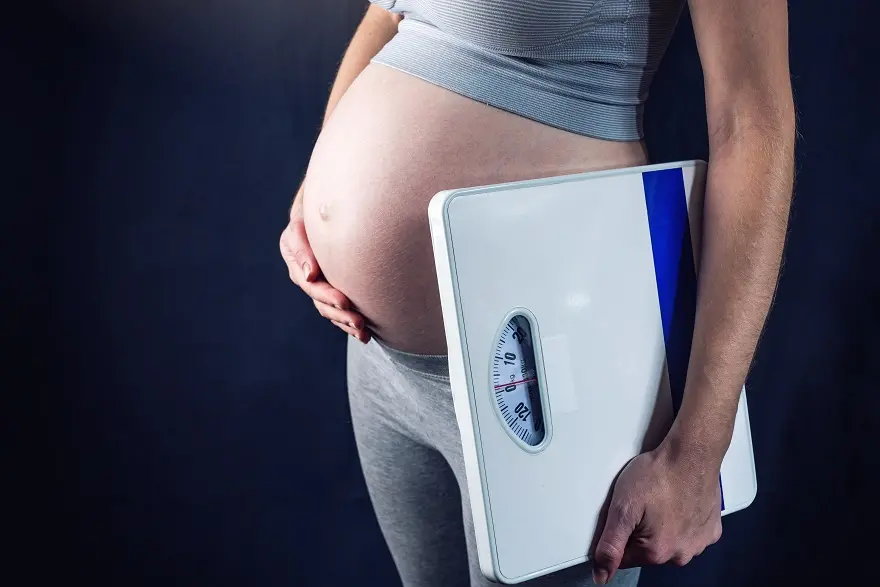- Home
- Medical news & Guidelines
- Anesthesiology
- Cardiology and CTVS
- Critical Care
- Dentistry
- Dermatology
- Diabetes and Endocrinology
- ENT
- Gastroenterology
- Medicine
- Nephrology
- Neurology
- Obstretics-Gynaecology
- Oncology
- Ophthalmology
- Orthopaedics
- Pediatrics-Neonatology
- Psychiatry
- Pulmonology
- Radiology
- Surgery
- Urology
- Laboratory Medicine
- Diet
- Nursing
- Paramedical
- Physiotherapy
- Health news
- Fact Check
- Bone Health Fact Check
- Brain Health Fact Check
- Cancer Related Fact Check
- Child Care Fact Check
- Dental and oral health fact check
- Diabetes and metabolic health fact check
- Diet and Nutrition Fact Check
- Eye and ENT Care Fact Check
- Fitness fact check
- Gut health fact check
- Heart health fact check
- Kidney health fact check
- Medical education fact check
- Men's health fact check
- Respiratory fact check
- Skin and hair care fact check
- Vaccine and Immunization fact check
- Women's health fact check
- AYUSH
- State News
- Andaman and Nicobar Islands
- Andhra Pradesh
- Arunachal Pradesh
- Assam
- Bihar
- Chandigarh
- Chattisgarh
- Dadra and Nagar Haveli
- Daman and Diu
- Delhi
- Goa
- Gujarat
- Haryana
- Himachal Pradesh
- Jammu & Kashmir
- Jharkhand
- Karnataka
- Kerala
- Ladakh
- Lakshadweep
- Madhya Pradesh
- Maharashtra
- Manipur
- Meghalaya
- Mizoram
- Nagaland
- Odisha
- Puducherry
- Punjab
- Rajasthan
- Sikkim
- Tamil Nadu
- Telangana
- Tripura
- Uttar Pradesh
- Uttrakhand
- West Bengal
- Medical Education
- Industry
Excessive weight gain during pregnancy not associated with gestational diabetes risk: Study

Taiwan: Results from a recent study in the Journal of Diabetes Investigation indicate that excessive gestational weight gain (GWG) prior to gestational diabetes (GDM) screening does not increase the risk for GDM development.
The study found that the amount of GWG in the first trimester and before GDM screening did not change the risk of developing GDM. Also, women with GDM were found to have less GWG in the second trimester, following the GDM screening, and throughout gestation than women without GDM. Further, the researchers noted no significant associations between excessive GWG, during the first and second trimester (before GDM screening), and the later development of GDM. Excessive GWG was defined as s a weight gain above the 90th percentile of the whole population or exceeding the 2009 IOM recommendations.
Excessive weight gain is known to increase the risk of complications during pregnancy such as preeclampsia. However, a direct association between excessive GWG and gestational diabetes mellitus remains unclear.
To address the question of whether excessive GWG is directly correlated with gestational diabetes mellitus Fu-Ling Chu, Linkou Chang Gung Memorial Hospital, Taoyuan, Taiwan, and colleagues retrospectively reviewed 8,352 women from an obstetric database with singleton pregnancies who gave birth after 28 completed weeks of gestation between January 1, 2012, and December 31, 2016. Pregnancies complicated by fetal anomalies, fetal death, and overt diabetes were excluded.
GDM diagnosis was based on the criteria recommended by the International Association of Diabetes and Pregnancy Study Groups. Two classification methods were used to define excessive GWG: a weight gain above the 90th percentile of the population, or exceeding the upper range recommended by the Institute of Medicine, stratified by pre-pregnancy body mass index. The association between excessive GWG and the risk of GDM was determined using statistical analysis.
Overall, 1,129 women (13.5%) were diagnosed with GDM.
Key findings include:
- There was no difference in GWG between women with and without GDM in the first trimester and before GDM screening.
- Women with GDM had significantly less GWG in the second trimester, after GDM screening, and throughout the whole gestation than women without GDM.
- No correlation was found between excessive GWG in the first and second trimesters, before GDM screening, and the later development of GDM.
The researchers concluded, "our results indicate that excessive GWG prior to GDM screening is not associated with an increased risk of GDM."
Reference:
The study titled, "The association between weight gain at different stages of pregnancy and risk of gestational diabetes mellitus," is published in the Journal of Diabetes Investigation.
DOI: https://onlinelibrary.wiley.com/doi/10.1111/jdi.13648
Dr Kamal Kant Kohli-MBBS, DTCD- a chest specialist with more than 30 years of practice and a flair for writing clinical articles, Dr Kamal Kant Kohli joined Medical Dialogues as a Chief Editor of Medical News. Besides writing articles, as an editor, he proofreads and verifies all the medical content published on Medical Dialogues including those coming from journals, studies,medical conferences,guidelines etc. Email: drkohli@medicaldialogues.in. Contact no. 011-43720751


